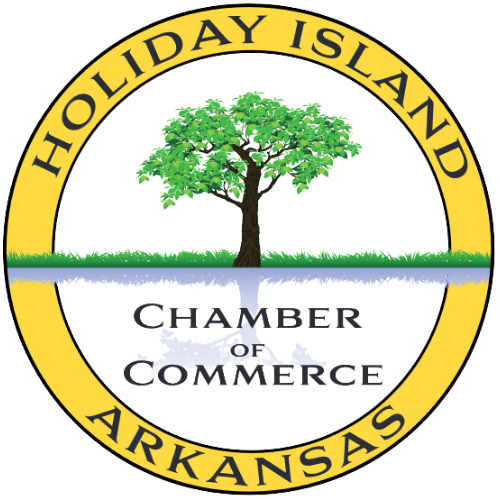Carroll County host over 750,000 visitors yearly. March through December are the peak months for visitation. Tourism supports over 2,600 jobs in the county. The average total expenditure per person per trip is $216. Carroll County is typically the fifth or sixth largest contributor to the state tourism tax of the 75 Arkansas counties.
Violent crime in Carroll County indexes at about 12 compared to the U.S. index of 48. Per capita income at slightly above $19,000 is on par with the state average of $19,756. Average Household income is $51,161. The cost of living index overall for Arkansas is the third lowest in the U.S.
A major indicator of a state's business climate is its tax structure. Arkansas maintains a fair and pro-business tax system. Corporate income tax ranges from 1.0-6.5%; Personal income tax ranges from 1.0-7.0%; the State Sales and Use tax is 6.5%; and the Corporate Franchise tax is .27%.
Arkansas collects a 2.0% tourism tax on lodging and dining that is dedicated to the Department of Parks and Tourism. The City of Holiday Island is research Sales and Advertising and romotion tax on lodging and dining transactions.
While the state does not have a property tax, Carroll County does collect a property tax which is the principal source of funding for public schools. The tax is based on 20% of the fair market values of all real and personal property, the average annual value of merchants' stocks and or manufacturer's inventories based on millage rates in individual school districts. Holiday Island has a generally low millage rate compared to other districts in Carroll and surrounding counties. Arkansas property taxes index very low as a percentage of income. In 2002, only Alabama and Delaware had lower rates a percentage of income.
Every business in Arkansas pays an unemployment insurance tax. A business with no previous employment record in Arkansas is taxed at 3.9% on the first $12,000 of each employee's earnings until and employment record is established, usually within three to five years. Contribution rates range between 1.0% and 10.7%. The tax rate is determined by past experience and the amount of the reserve-ratio. The reserve ratio is the excess of contributions paid over benefits charged as related to payroll.
In the last several years Arkansas workers' compensation premium rates have been lower than 45 of the fifty states and D.C.
A study by The Small Business & Entrepreneurship Council's Small Business Policy Series shows overall health care policy costs in Arkansas ranging in the middle of 50 states and DC. Arkansas ranks 48th in per-capita expenditures for health care.
